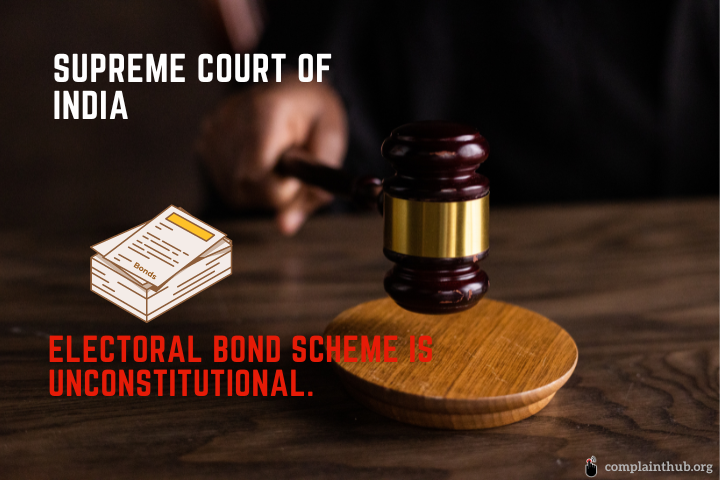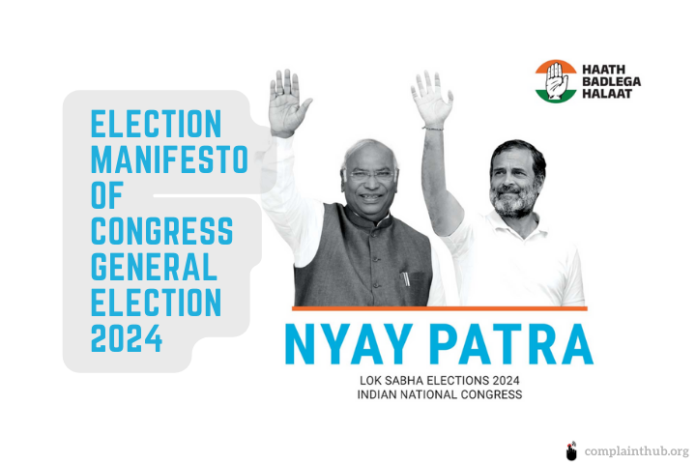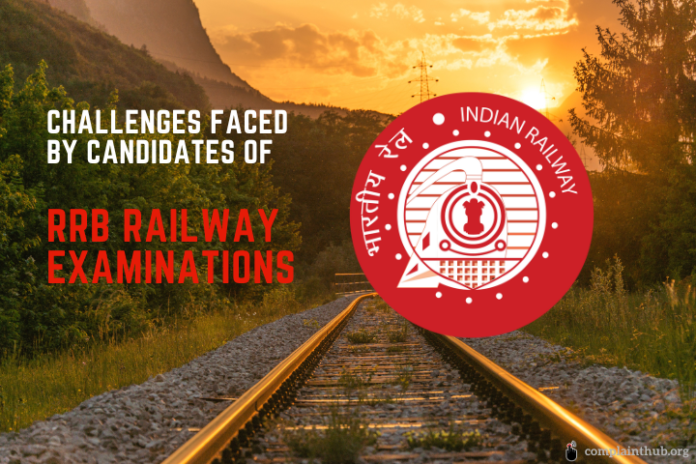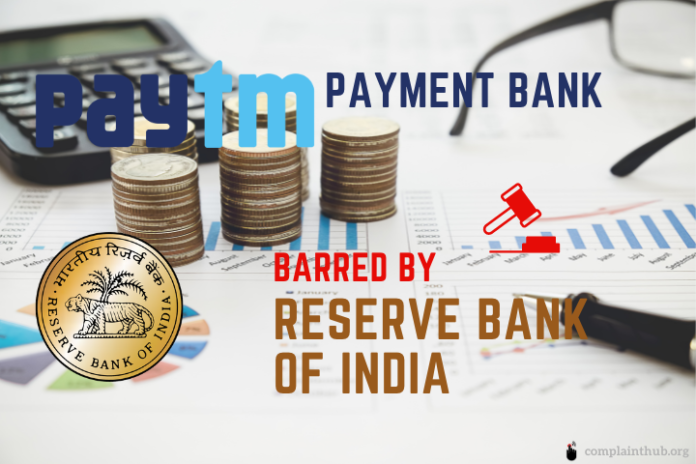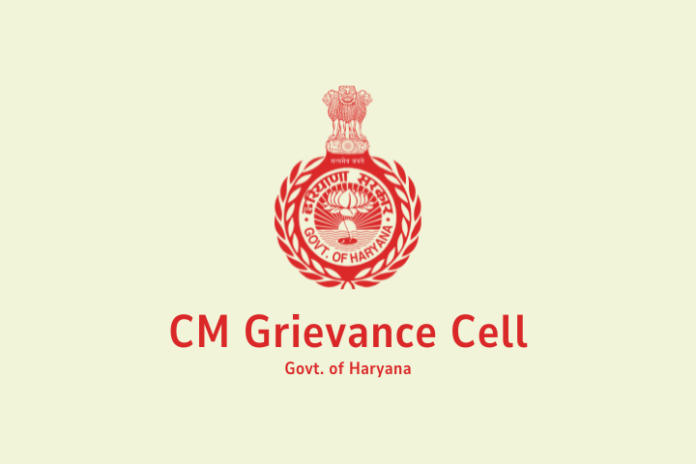The introduction of electoral bonds in India in 2018 sparked significant controversy and raised concerns about transparency and accountability in political funding. These bonds allowed anonymous contributions to political parties, leading to fears that they could facilitate the influx of black money in elections and give undue influence to big corporate donors.
Critics argued that the anonymity provided by electoral bonds would undermine the democratic process, as voters would not have information about who was funding political parties. This lack of transparency could lead to unchecked and undisclosed funding, potentially influencing political decisions in a way that is not in the best interests of the people.
The Supreme Court of India recognized these concerns and, in a landmark judgment dated February 15, 2024, struck down the electoral bond scheme as unconstitutional. The Court ruled (judgement on Electoral Bonds) that the non-disclosure of donor information violated the right to information of citizens under Article 19(1)(a) of the Constitution. It also found that allowing unlimited funding of political parties by corporate entities was arbitrary and violative of Article 14 of the Constitution, which guarantees equality before the law.
The Court’s decision was hailed as a significant step towards ensuring transparency in political funding and upholding the democratic values of free and fair elections. It directed the State Bank of India (SBI) to submit details of the electoral bonds purchased and redeemed by political parties to the Election Commission of India (ECI), which was then required to publish this information on its website. On March 21, SBI confirmed with SC for complete disclosure of electoral bonds data to ECI.
This decision provides greater accountability and allows voters to have access to information about who is funding political parties, enabling them to make informed decisions during elections.
Transparency in political funding is crucial for maintaining the integrity of the democratic process, as it allows for public scrutiny and discourages undue influence by vested interests. The Supreme Court’s judgment on electoral bonds sets an important precedent and sends a strong message that anonymous political funding will not be tolerated. It is a step towards ensuring that political parties operate in a more transparent and accountable manner, strengthening the democratic fabric of India.





